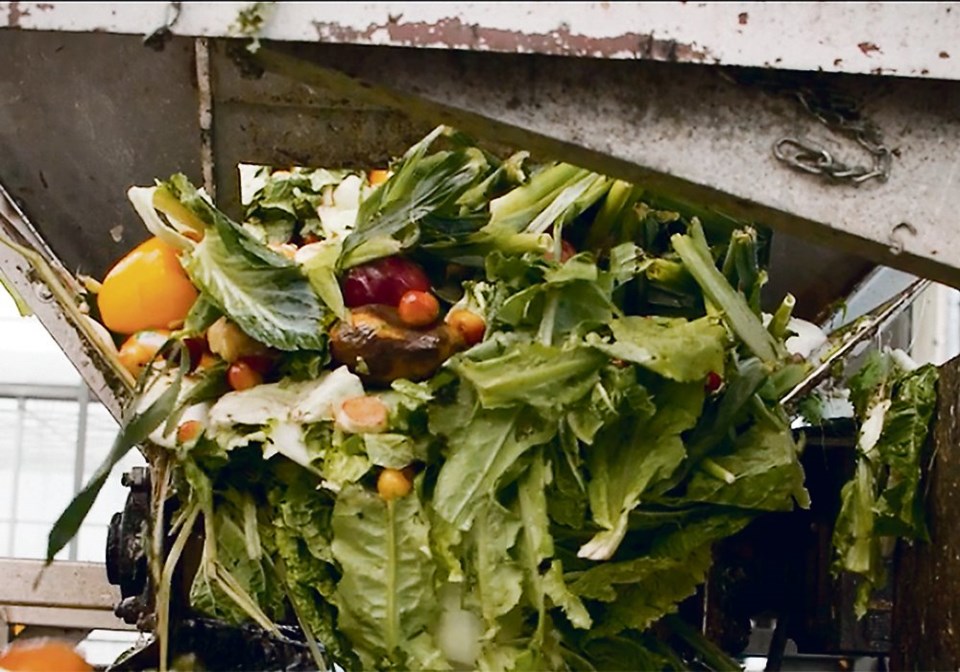“I’ve got three young kids,” he said. “And so it resonates with me, what’s happening on our planet, and all the wastage that we see around us.”
Lilley had the idea for Refeed Canada in Langley, B.C., while working with a waste consulting broker company and managing waste companies. He saw the scale of waste first-hand.
“I get sick and tired of seeing basically this linear approach to food waste, where whoever controls it decides where it’s going,” Lilley said.
“It was one of those things where I know how to do this. So why wouldn’t I do it?”
The mission of Refeed Canada is to design and build zero-waste facilities that recover nutrients from agri-food byproducts or waste.
Lilley said that agricultural waste that comes into Refeed goes through a variety of processes. First, the company grades the food that is brought to its facility and recovers what it can for non-profits. Second, the food left from that is moved to be feed for livestock, as long as there are no contaminants. Anything else left over is used for the Refeed farm, where the technology and research happens. Here, there are worms to compost the food and turn it into fertilizer.
The food fed to livestock is sent to different farms that partner with Refeed Canada, often dairy farms, where the cattle consume tomatoes, eggplants, peppers and more.
“The goal is to be able to take those nutrients and grow food at the same facility,” Lilley said. “So you get the complete circular system where you recover for people and their livestock, you’re creating growing mediums, and then you’re growing more food for the local community.”
Refeed Canada sells products as well, such as Organic Worm Castings, dehydrated fruit snacks and Terrabucha — a “kombucha for your soil”.
“In order to serve in our society, we need to be focusing on food for people…. And then what is surplus, then utilize that surplus to create value-add products to sell to consumers to be able to support your social enterprise.”
Alongside the current products, Lilley said they are working on a product to juice mandarin oranges, which are often wasted.
Refeed Canada was recognized by the government of British Columbia as a finalist for the B.C. Food and Beverage Sustainability award.
“That was really the first validation that we’ve received publicly for the work that we’re doing,” Lilley said. “We know what we do here every day, and the amount of food that we deal with on a daily basis, there’s nothing like it… But really to get that public validation that what we’re doing is actually resonating with the community as well, was really important.”
Lilley said he now wants to expand Refeed Canada across the country, and eventually, internationally.
That way, the organization can create a better future for the next generation — including for his kids.
“I want them to understand what is going on in the environment and where their food comes from. And I want them to understand nutrition and what goes into growing food and why farmers are important… because at the end of the day, they’re the ones that are going to be taking over this world that we’re messing up right now.”

